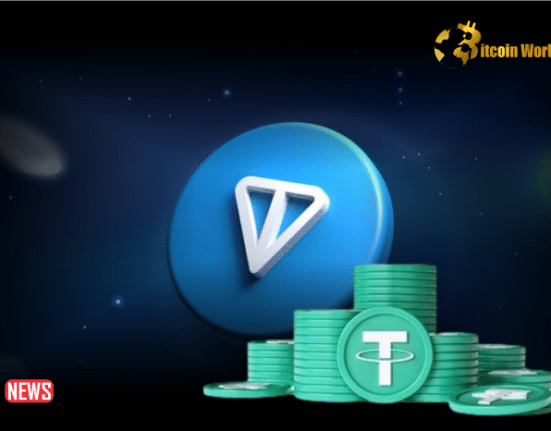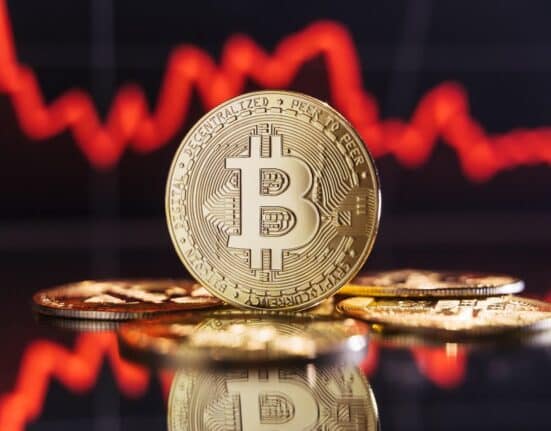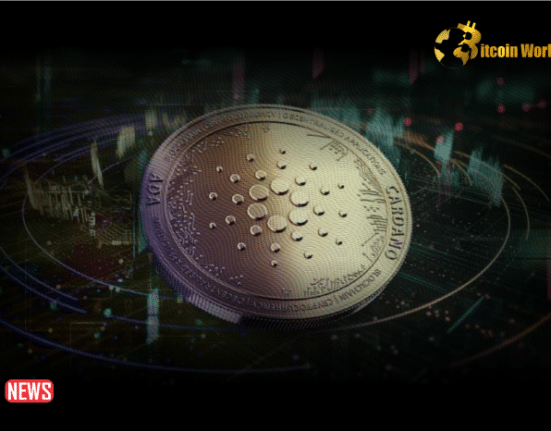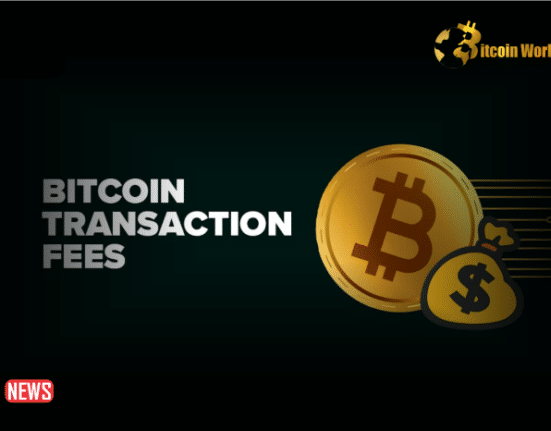Much of the discussion of tokenomics has been about token price, supply, and other issues traditionally associated with economics.
But far less discussion has been centered around governance, token allocations, voting power, and political structures.
At a surface level, these questions may not seem to have much to do with tokenomics. In fact, these seem to be more in the realm of political science.
And they are- but ultimately, these are questions that can determine if tokens and ecosystems are success stories or failures.
After all, economics became the queen of the social sciences by choosing solved political problems as her domain.
With many token ecosystems rushing forward to fulfil the potential of blockchain technology by turning themselves into DAOs, perhaps we should take a step back and look at what these political problems are- and why they matter.
Suffrage, voting, and token allocation
Perhaps the most obvious example of users taking ownership of their tokens is with the control that they can exert through their votes in a DAO. They can bring proposals to the community, who then vote on these proposals.
I have previously discussed the limitations of DAOs in the context of Arbitrum’s move towards a DAO.
But there is plenty more detail that could be gone into- and not just with Arbitrum.
One of the issues is with the distribution of governance tokens- tokens are often distributed based on usage of a network, which is intended to ensure that the ones who have a greater stake in the system are able to have a greater stake in the system and protect it from attacks from those who would rather see the system fail.
This, in theory, would work to prevent malicious actors from taking control of the governance of the system, since they are not likely to be able to obtain a majority of the governance tokens and therefore take control of the system.
But after an initial governance token allocation, there are often no further token allocations, meaning that those who initially obtained large amounts of these tokens would wield immense power- regardless of if they continued to take part in the ecosystem.
There is also the problem that new tokens are often not created, and new entrants into the ecosystem can find that they have very little say in the proposals that pass or fail.
In a democracy, this is a bad idea- it is equivalent to providing the wealthy with a large portion of the voting rights, and barring immigrants and new citizens from voting.
Can a DAO really be considered democratic if a large portion of its users have far less voting power as compared to say, a bloc of its most wealthy?
Of course, there is the case that those who use the DAO more have better knowledge and are able to better govern- but how far they act in the community’s interest and how far they act in their own interest may not always align, and it is anyone’s guess as to how much we can trust them to always act altruistically.
A one-off governance token allocation may yet prove problematic if the ecosystem hopes to grow and attract more people to join. Checks and balances do need to be put in place to prevent power from being entrenched within a select class unless they can be completely incentivized to work for the good of the community.
Rights of Citizens and Duties to the State
In a democracy, citizens are provided with the power to vote- but they must also accept duties to the state.
Taxes, for example, are a responsibility that citizens accept in exchange for a government’s guarantee of safety and security.
In enjoying the benefits of such safety and security, citizens pay to fund the police force and the military, who directly enforce the law and protect citizens.
The right to vote is not an unqualified right- it often assumes that citizens will make informed choices, and perform the necessary research that is required to make such decisions.
But there is also a flip side to the right of political expression, and that is the duty to obey as well. The ideal citizen is not always politically involved- the ideal citizen is also sometimes passive and accepting. After the result of a vote, for example, a citizen has the duty to abide by the result of the vote, regardless of his own personal preference.
A democracy, therefore, can only exist when a certain consensus is generally agreed upon, and when political actors behave within the constraints of such expectations.
Such a culture is not easy to cultivate- an excess of parochialism can lead to authoritarianism while an excess of activism can lead to deadlock in government.
Is a DAO able to govern itself when all its members are actively and emotionally invested in every proposal? Probably not. But will a DAO be able to function if its members do not care about policies and proposals? Probably not as well.
The point is that DAO governance, like any other form of government, has its limitations- and how ready an ecosystem is to become a DAO would also depend very much on the community that it creates, and the culture that that community has.
Democracy is not complete- and neither is the DAO
Part of what makes the DAO model extremely attractive is that it is seen as the next iteration of democracy. And in many ways it is.
But we should be cognizant that while the idea of democracy has made great strides in the past few centuries, it is not the sole way that humanity organizes itself politically.
The rise of China is the most prominent example of an alternative system, but it is far from the only one. Democracy has been in decline over the past decade, and political scientists have suggested that it is a system unique to the West. It is the result of particular, rather than universal, developments in the history of those who have adopted democracy.
And this is important- it suggests that the DAO may also not be universal. The DAO is simply one of many possible ways that blockchain-based ecosystems may organise themselves. DAOs may be the next iteration of democracy- but we should also be prepared to see other forms of political and economic organisations
DAOs too may develop further- and it is likely necessary that they do. Democracy did not appear as a cohesive system by itself, and it has gone through many different variations. The direct democracy of Athens, the constitutional democracies of the Enlightenment, and the post-war semi-presidential regimes, and the post-colonial illiberal democracies are all different- because they were created with a different polity in mind, with different cultures in place, and with different objectives to achieve.
There is no one model of democracy- but many different variations. And DAOs are likely to be very much the same.















